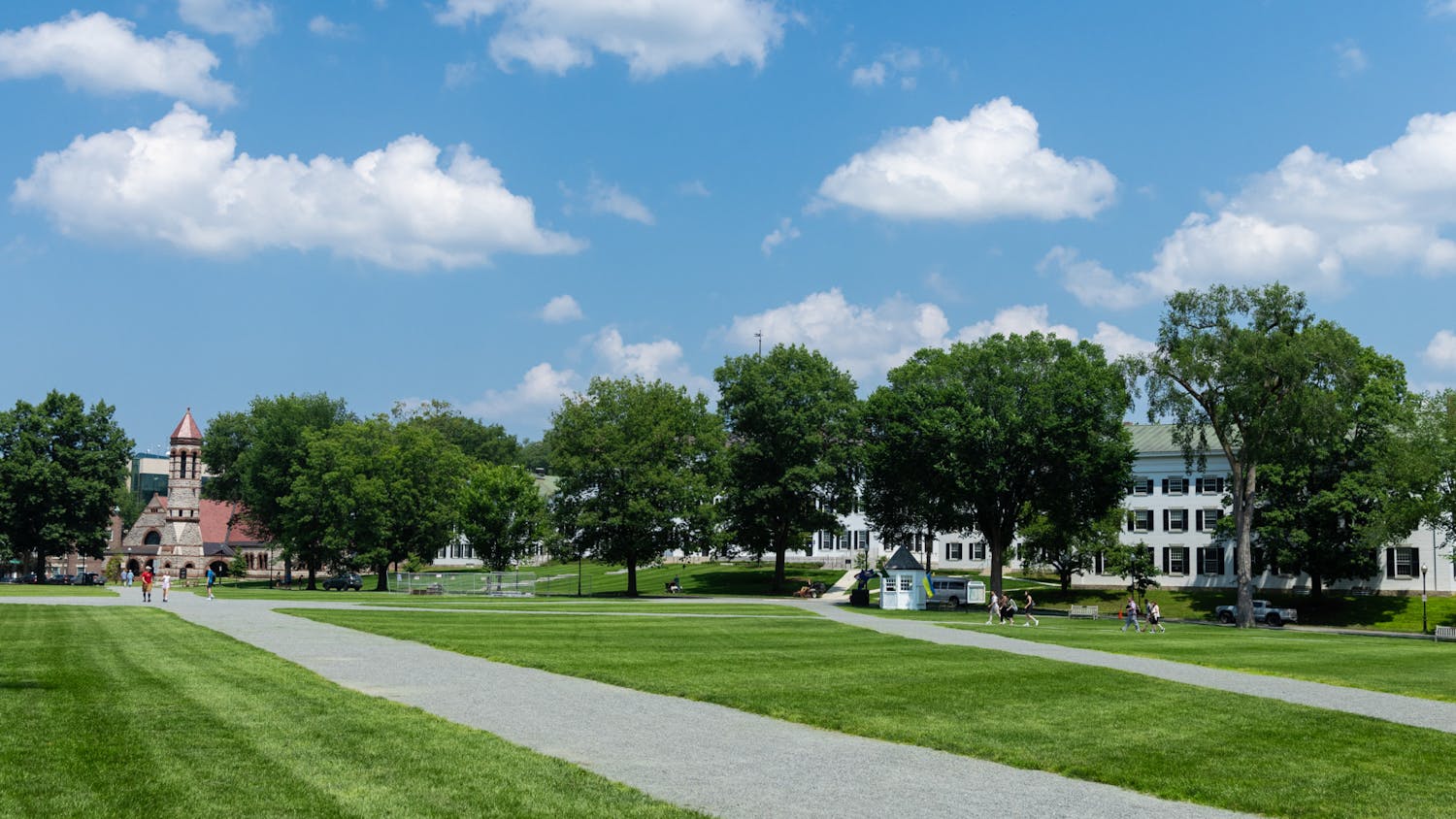Renowned heart surgeon William DeVries, who performed the first successful artificial heart replacement 14 years ago, described the challenges of overcoming adversity to an audience of about 50 people last night in Collis Common Ground.
DeVries said many reputed doctors told him artificial heart replacement was impossible, in a speech that was part of this year's Senior Symposium titled "They Said It Couldn't Be Done."
"It was difficult for me to accept this until I realized that I knew more about the replacement than they did," DeVries said.
DeVries described the problems he encountered while performing artificial heart replacement surgery on animals and the difficult nature of finding someone who was willing to undergo the procedure.
Even the first recipient of the replacement, Barney Clark, who suffered from imminent heart failure, was uncertain of the procedure, DeVries said. People were uncertain that the procedure could be performed successfully on a very sick human when healthy animals had a very low success rate.
There were more than 200 members of the media in the cafeteria of the hospital when the transplant was done on Clark, DeVries said.
"They were waiting for a miracle or an execution," he said.
After the operation, DeVries said, "Barney's wife came in the room, and Clark said, 'Even though I don't have a heart any more, I still love you.'"
"It was an incredible experience," DeVries said. "When you walk down the hall into a patients room ... and they thank you for being alive."
The artificial heart is mainly used as a bridge for a real heart transplant because the survival rate is fewer than five years, DeVries said. The procedure costs $500,000. Artificial hearts have been kept in a person for a maximum of three months today, he said.
Clark lived for 112 days after the operation. The second patient lived for 620 days.
DeVries said he was stunned by the controversy and debate that ensued after his success with the transplant.
"Replacing the heart ... with a piece of plastic and metal led to some ... questions," he said. "All we wanted to do was to save a life."
The artificial heart stands as a metaphor of the replacement of the human soul by machines and is also a symbol of the acceleration of technology, he said.
"It raised many moral issues such as government intervention and the right to life," DeVries said. "We are captivated by the artificial heart because everyone is threatened by suffering and wonders about the extremes that people go to in order to avoid death."
DeVries also described trends in medicine from his past.
"During my childhood, people would be wrapped in blankets and placed outside," he said. "It was thought that fresh air and sunshine could prevent tuberculosis. During the '50s and '60s, when penicillin and aspirin were first introduced, it was thought that everything could be treated medically. In the '60s and '70s it was surgery."



